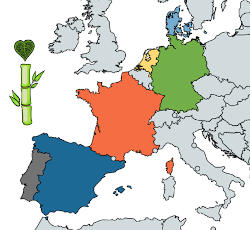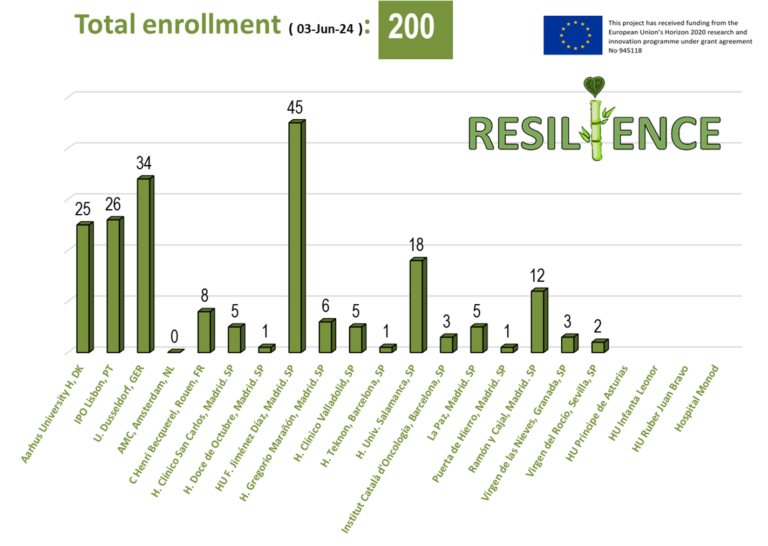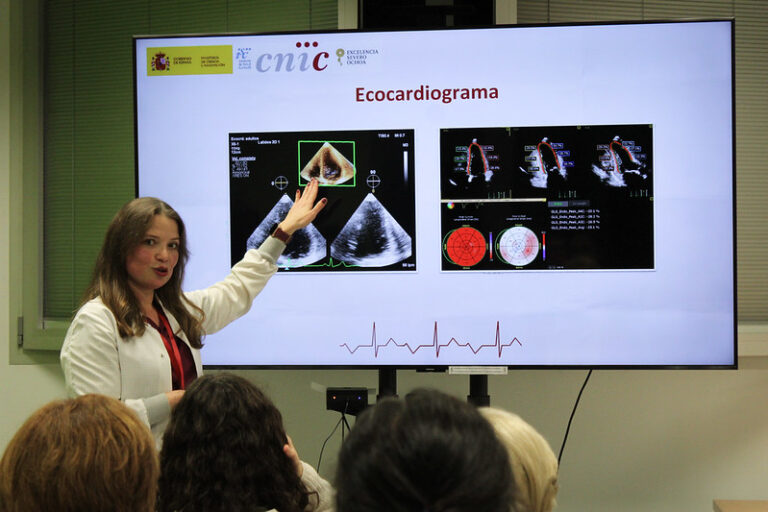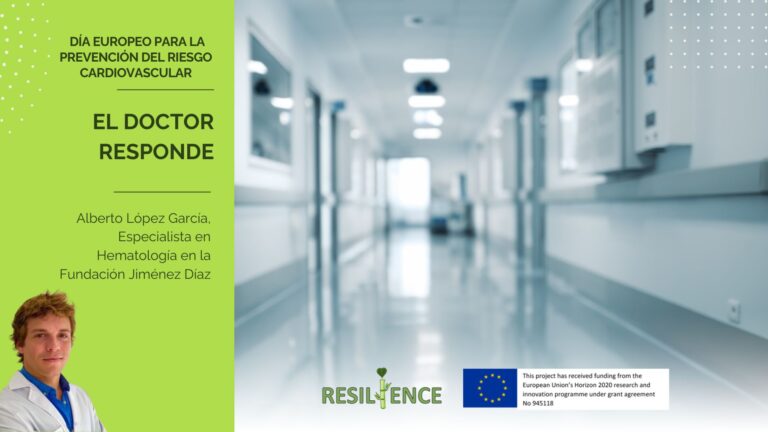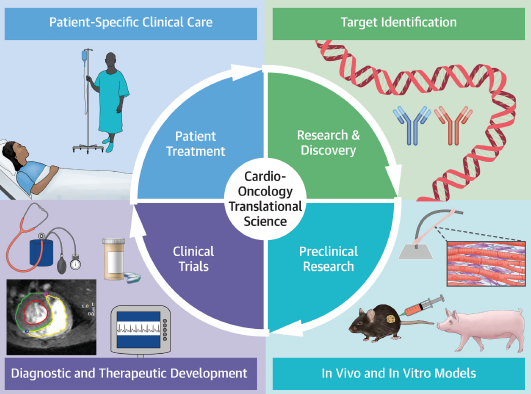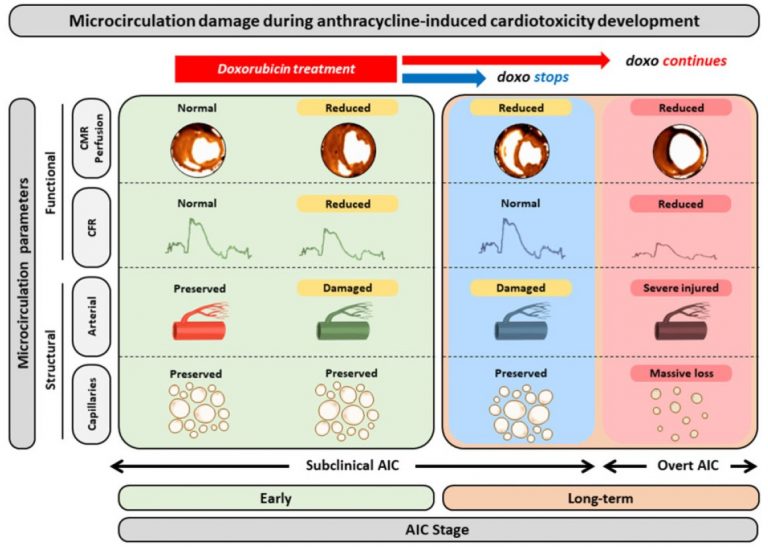Scientific studies link these sweeteners to the development of cancer and cardiovascular diseases.
It is a fact that excessive sugar consumption is detrimental to health, as has been proven in several scientific studies. For this reason, in recent years the food industry has focused its efforts on finding a substitute that reduces caloric intake and is, a priori, healthier. Erythritol was presented as the main candidate, but recent studies have shown that its consumption is not harmless, forcing a review of the risks and benefits of this sweetener.
The debate on sweeteners began in 2019, with a report commissioned by the World Health Organization, which pointed out that they were not as healthy an alternative as expected. And it was reopened three years later with a new study, published in the journal Cell, that linked saccharin consumption to conditions in the microbiome and changes in glucose tolerance in healthy adults. However, the one that has generated the most impact has been the one published in the journal Nature Medicine in February this year, in which a team of international scientists suggested that erythritol consumption entailed an increased risk of suffering heart attacks or strokes.
Erythritol and cardiovascular health
For the study, the team led by Stanley Hazen, a researcher at the Cleveland Clinic in Ohio (USA), collected data from 1,157 individuals who were under medical supervision for previous cardiovascular problems. Over three years, they observed that erythritol could be associated with an increased risk of suffering cardiovascular conditions such as stroke or heart attack. The results coincided with those obtained by other European and American institutions. Tests on animals also showed that this sweetener favored the formation of thrombus.
The regulatory agencies continue to defend the safety of erythritol and point out that it should be borne in mind that the study was carried out with patients who had previous cardiovascular problems. It would therefore be necessary to assess the effects it could have on a healthy target population. Nevertheless, it has become clear that further trials are needed to ascertain the real impact of this sweetener on health.
The relationship between sugar consumption and cancer
Much has been said about the negative effects of sugar on health, although the one that most concerns the public is undoubtedly that of cancer. And the truth is that several studies have shown the relationship between the consumption of foods rich in carbohydrates with free or added sugars and cancer. In addition to the fact that they provide hardly any nutrients, they are related to chemical and biological changes in the metabolism of our cells, contributing to the development of tumors.
In fact, Otto H. Warburg, Nobel Prize winner in medicine in 1931 and father of the hypothesis on the origin of cancer, already explained then that the main cause of cancer is “the replacement of oxygen respiration in the body cells by the fermentation of sugar”.
The importance of healthy nutrition for cancer prevention
It is possible to prevent more than 40% of cancers by following healthy lifestyle habits, in which nutrition plays a key role. In addition to exercise and avoiding alcohol and tobacco consumption, it is essential to incorporate some dietary guidelines:
– Limit consumption of processed foods rich in fats, starch and sugars.
– Do not abuse red meat and sausages.
– Eat a diet rich in whole grains, fruits, vegetables and legumes.
If you want to know more about healthy lifestyle habits and cancer, in our blog you will find many articles with recommendations for cancer patients. Take a look!




